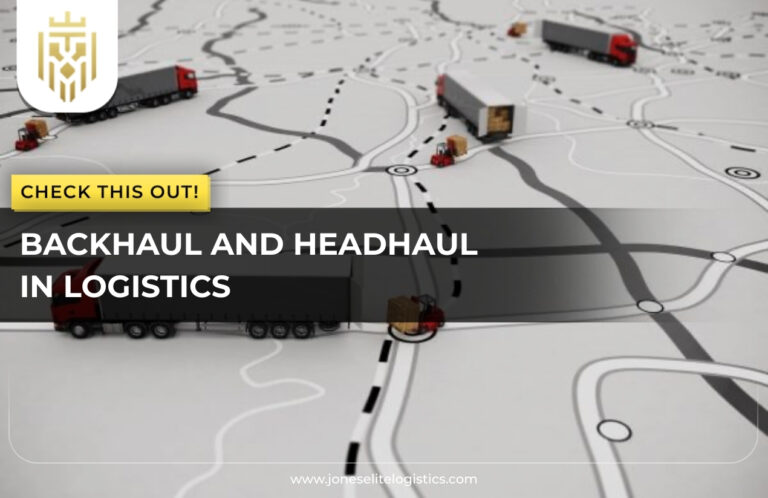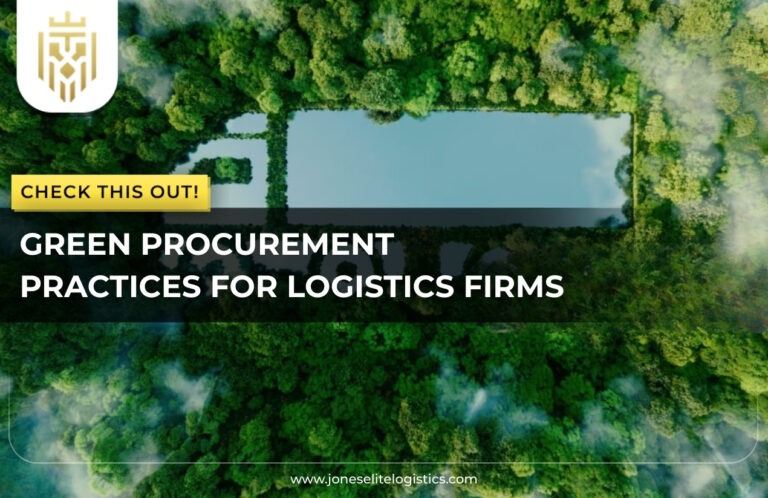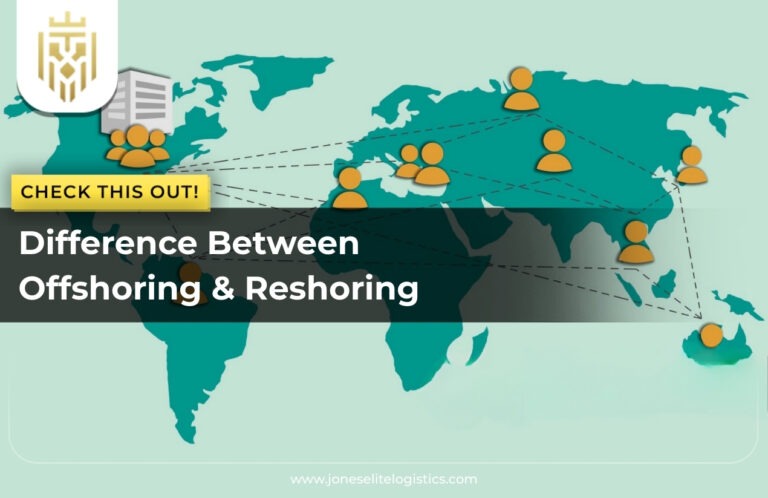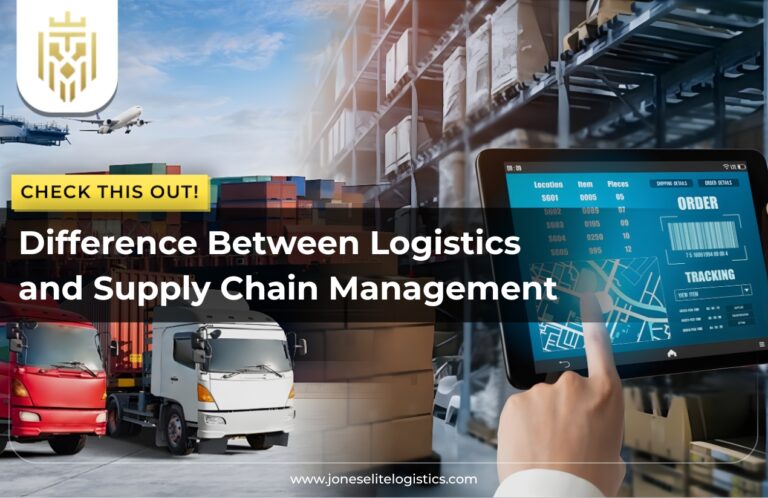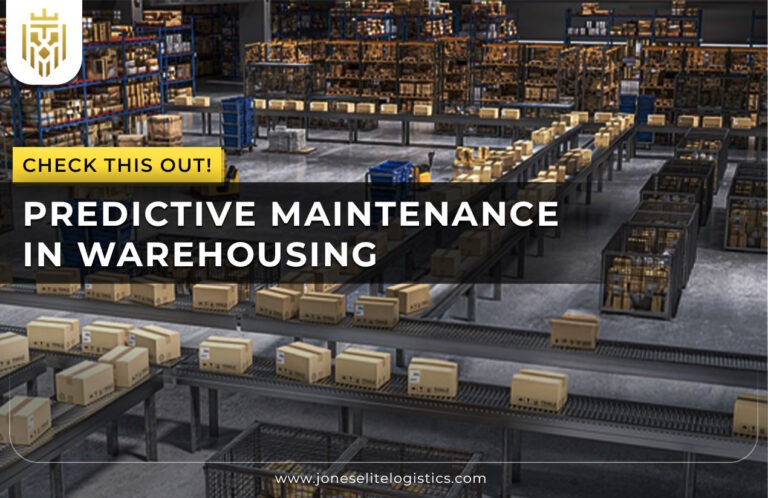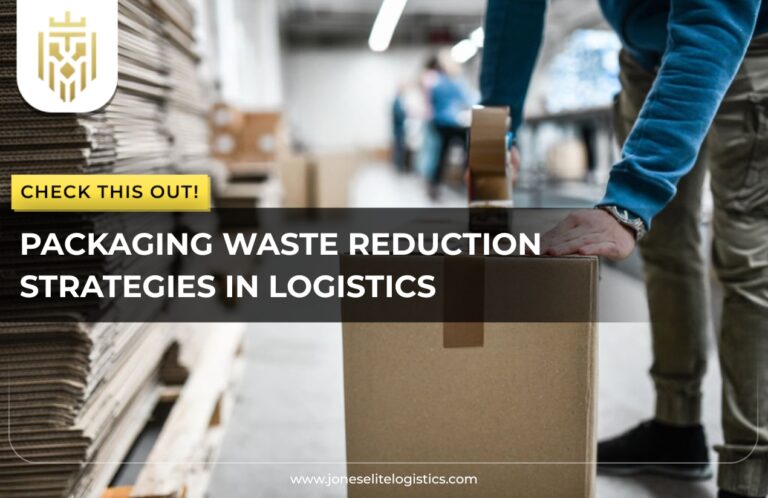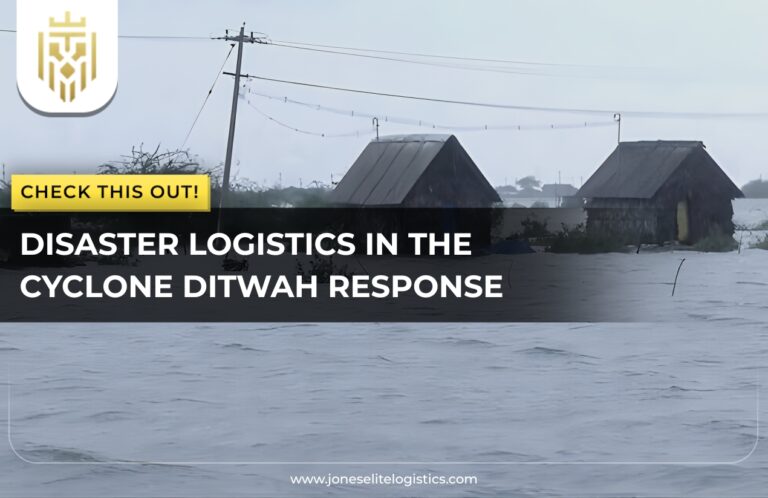What Is B2B Logistics?
The movements and storage of goods and coordination activity between two businesses, rather than with individual consumers, are known as B2B logistics. This may be the transport of raw materials to manufacturers, or B2B logistics may be concerned with transporting finished goods to wholesalers or supplies from one production unit to another. It is a process built around scale, precision, and long-term relationships typically laid out in contracts and service-level agreements (SLAs).
What is the importance of B2B logistics?
In a business landscape driven by time-sensitive orders and high-value transactions, B2B logistics helps ensure that the right products reach the right place—at the right time and cost.
Supports Bulk Movement of Goods
Because a B2B logistic moves huge parcels of goods across long distances, this is important to an industry such as manufacturing, pharmaceuticals, and construction.
Enables Just-In-Time (JIT) Delivery
Manufacturers or production units are delivered just in time to avoid overstocking and allow smooth working operations. This is supported by B2B logistics in synchronising supply and demand.
Enhances Supply Chain Coordination
Logistics allow supply chain planning and visibility. Thus, companies can better synchronise production schedules, stock availability, and order deliveries with minimum delays.
Drives Cost Efficiency Across Operations
When logistics is optimised, it lowers transportation, inventory holding, and operational costs, which directly improves profitability for B2B businesses.
Key Processes in B2B Logistics

B2B logistics involves more complex workflows compared to B2C, primarily due to larger order sizes and formal business transactions.
Order Processing & Fulfilment
The process initiates with acquiring and verifying big purchase orders. Then the orders are picked and packed in accordance with business agreements and scheduled for dispatch.
Freight & Transportation Management
This involves the transportation of goods through the appropriate modes – trucks, railway, or sea freight– taking into consideration costs, delivery times, and load safety.
Warehousing & Inventory Coordination
The inventory will be stored at some warehouse sites, preferably in a strategic manner. This ensures the timely movement of stock and accurate reporting to avoid situations of overstocking or stockouts.
Packaging & Labelling Compliance
Packaging for B2B purposes is required to follow industry standards and usually includes bulk wrapping, palletising, and labelling according to customer or legal requirements.
Reverse Logistics for Returns & Repairs
Reverse logistics is then taken care of in cases where there are damages, surpluses, or faulty deliveries of goods to return, replace, or repair.
Common B2B Logistics Documents
Accurate documentation is vital for accountability, financial recording, and compliance in B2B logistics.
Commercial Invoice
Outlines the transaction details, including value and tax charges, and is a key document used for customs and accounts.
Packing List
States what is contained in a shipment, assisting with inventory checking at the receiving end.
Bill of Lading
Acts as a contract between the shipper and carrier and serves as proof of shipment.
Purchase Order
A buyer’s formal request for products, detailing kinds and quantities of products and agreed prices.
Delivery Note
Confirms that goods have been delivered and all were signed by the receiver at the point of delivery.
Freight Bill
Specifies charges pertaining to the shipment by the logistics-cum-transport service providers.
Challenges in B2B Logistics & How to Solve Them

Managing B2B logistics at scale involves solving challenges that affect delivery timelines, compliance, and cost efficiency.
Complex Multi-Party Coordination
Suppliers, carriers, and different departments need to stay in sync with each other. Centralised communication tools and workflow automation offer a reduction in delays.
Lead Time Variability
Variability can be introduced by sudden delays in supplier delivery or changes in route; thus, on-site production schedule may be variably disrupted. Buffer stock planning and dynamic routing are good to resolve such incidents.
Compliance with Regulations
Different states or countries may have varying compliance needs for various reasons. Knowledge of changes in logistics should always be updated and should also work with any expert logistics team to mitigate risk.
Inventory Mismanagement
Disruptions occur due to excess inventory and shortage of inventory. The real-time inventory system keeps inventory levels optimised across all locations.
High Transportation Costs
Sudden fluctuations in fuel prices and inefficient routing techniques demand higher costs. Freight consolidation and smart coning are a few of the practical answers.
Lack of Real-Time Visibility
Lacking tracking implies a lack of tracking in ETAs and resolving delivery issues. Real-time GPS-based fleet tracking and automated updates allow better control over shipments.
Best Practices for Streamlined B2B Logistics

Following logistics best practices helps reduce delays, increase efficiency, and improve vendor-client relationships.
Use Data to Forecast and Plan Accurately
Logistics should incorporate last-minute stock changes due to the variations in historical sales, market trends, and seasonable spikes.
Optimise Routing and Carrier Selection
Pick a carrier for service quality, network reach, and reliability, not just price. Use routing tools to set up efficient delivery paths.
Maintain Strong Supplier Relationships
Trust across suppliers and logistics teams offers coordination potential, especially during unforeseen circumstances or high-demand periods.
Implement Centralised Tracking Systems
A unified tracking system can give real-time updates on the shipment status, inventory levels, and performance metrics across multiple locations.
Train Teams on Documentation Accuracy
One small mistake in documentation can lead to delays in customs or create payment issues. Ensure that your teams are educated on adequately preparing and reviewing documentation.
Role of 3PLs in B2B Logistics
Third-party logistics (3PL) providers can handle complex logistics operations, offering flexibility and cost savings for businesses.
Specialised Handling Capabilities
Some B2B products require special handling, like cold storage, hazardous goods, or fragile machinery. 3PLs can manage these in terms of infrastructure and know-how safely.
Access to Larger Carrier Networks
3PLs bear relationships with various carriers, giving businesses better shipping rates and wider-width delivery.
Risk Management and Compliance Expertise
A 3PL ensures shipments comply with regulations and may also propose appropriate insurance and risk mitigation measures.
Cost and Time Optimisation
If a logistics function is outsourced, it will reduce costs associated with infrastructure and manpower in-house and also will speed up fulfilment through expert networks.
FAQs
1) What is the difference between B2B and B2C logistics?
In B2B logistics, shipments are high in volume between firms, and contracts and schedules take precedence in deliveries. On the other hand, B2C logistics handles smaller and individualised orders that are shipped to recipients, thus giving more importance to speed and flexibility.
2) Why is documentation critical in B2B logistics?
Documents, if precise, guarantee that orders are fulfilled correctly, payments are made smoothly, and legal taxation is complied with.
3) How can businesses reduce B2B logistics costs?
Routing optimisation, consolidation of shipments, use of 3PLs, and proper inventory management that prevents overstocking can cut B2B logistics costs.
4) What are the benefits of outsourcing B2B logistics to a 3PL?
An outsourcing relationship with a 3PL will bring in better infrastructure, manpower with suitable skills, technological platforms and risk management at a lower price and in a faster way.
5) How does technology improve B2B logistics operations?
Technology allows real-time tracking, automated documentation, precise forecasting of demand, and optimised routing, which help improve B2B logistics.

